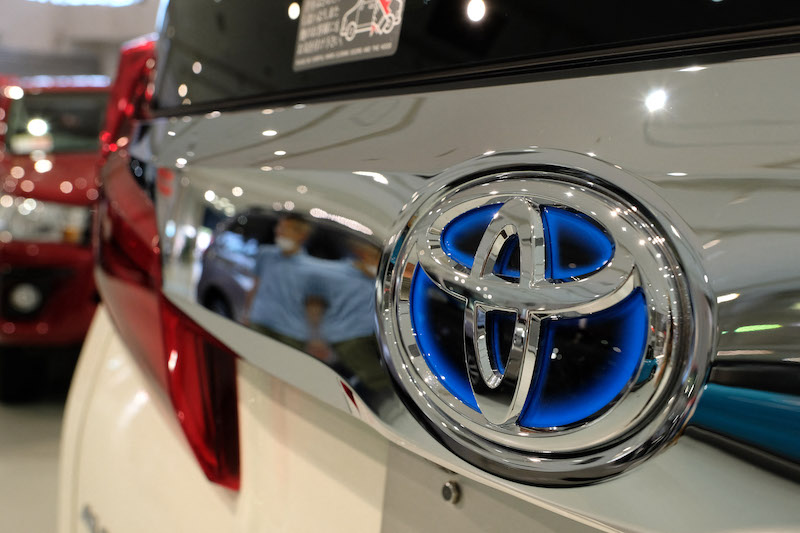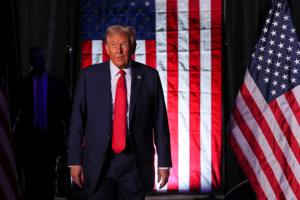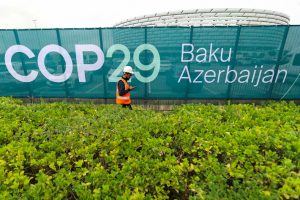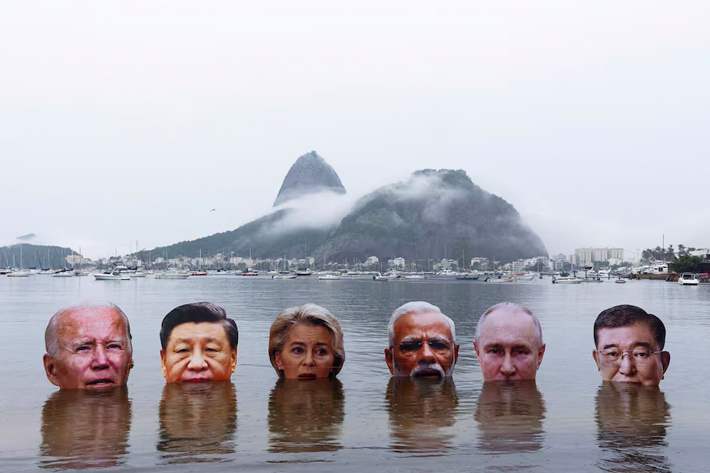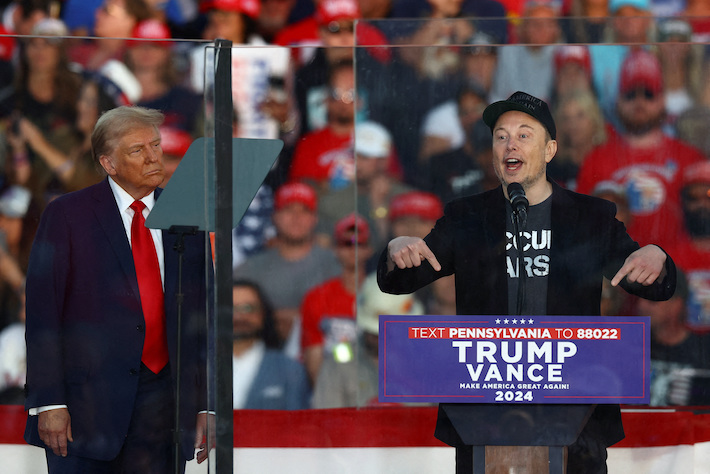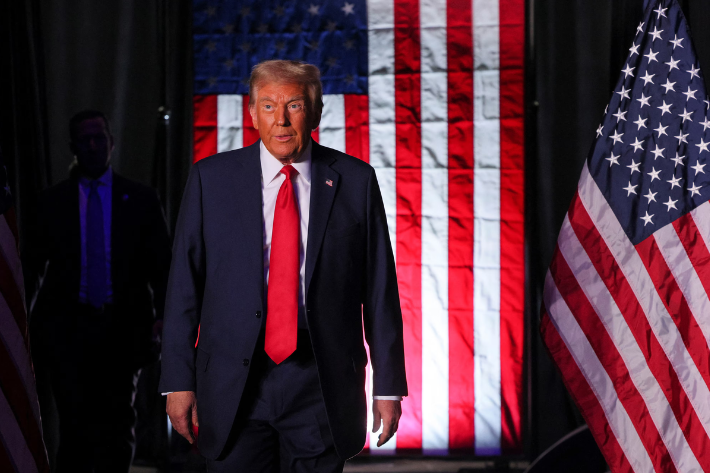Asian carmakers performed poorly in a Greenpeace survey of the global automotive industry’s carbon emissions efforts announced on Thursday, with Toyota running in equal last place.
The ranking will come as a disappointment to the world’s top-selling carmaker, which has been hyping its environmental efforts such as shifting to supplies of sustainable natural rubber and protecting the endangered little terns that nest near its Kinura plant in Japan.
Honda and Hyundai-Kia were rated F plus or minus along with Ford. Volkswagen gained a D and Renault a D minus. General Motors topped the ratings with a C minus.
But the campaign group gave Toyota and US-European firm Stellantis F minus minus grades for their decarbonisation efforts.
‘Most Stubborn’
“Toyota, the world’s number-one car seller last year, is the most stubborn in holding onto internal combustion engines,” Ada Kong, senior project manager of the auto industry campaign at Greenpeace East Asia, said in a statement.
The Japanese giant is also “most vocal in such advocacy, domestically and abroad”, she added.
Last week, Toyota said it would spend $461 million on its first US plant to add new technology, increase production flexibility and reduce its carbon footprint.
Toyota, which releases its earnings on Thursday, pledged in September to invest 1.5 trillion yen ($13.2 billion) in batteries for electric and hybrid cars by 2030.
In October, Toyota said it would cut its planned global output for November by as much as 15% due to semiconductor shortages, but said it would catch up and meet its full-year production target.
Investors shrugged off the Greenpeace rating, with Toyota Motor shares up 1% to 2,069 yen in early afternoon trading.
• George Russell
READ MORE:
Mining Giant BHP in Battery Materials Deal With Toyota-Panasonic
Toyota to Use Quantum Computing to Push Battery Tech




